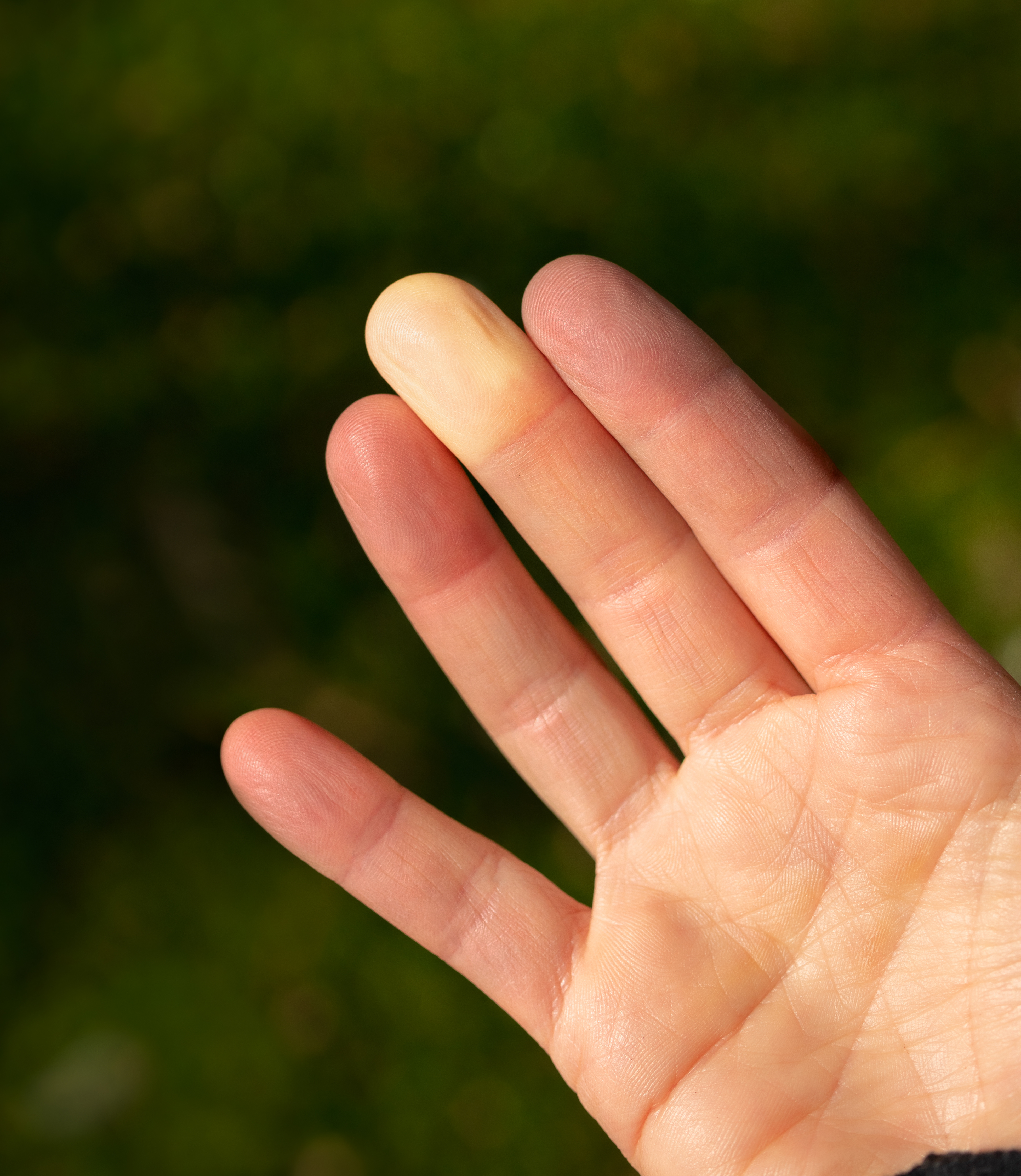
In a press release from the Yale School of Medicine, Monique Hinchcliff, MD, MS, Associate Professor of Medicine at the Yale School of Medicine and Director of the Yale Scleroderma Program, described the challenges of treating patients with Raynaud phenomenon and a new process for managing the condition. Dr. Hinchcliff explained that the phenomenon—associated with scleroderma and other autoimmune diseases—can result in black fingertips, ulcers, tissue damage, disability, and digit loss (in extreme cases). Previously, she was forced to send patients with severe and refractory Raynaud phenomenon to the emergency department for treatment. However, with the administration of intravenous epoprostenol in the medical intensive care unit (ICU), Dr. Hinchcliff was able to help treat the patients’ ulcers and gangrene as well as improve their circulation. Nonetheless, other barriers made it challenging to provide care for these patients. During the COVID-19 pandemic, ICUs were filled, and she resorted to offering epoprostenol in an outpatient setting. Additionally, Dr. Hinchcliff established the EPIC order, developed a sequence of steps to guide treatment, and trained the medical staff at the Saint Raphael Hospital Outpatient Infusion Therapy center on administering lower doses of the drug to avoid side effects and on using pumps required for the treatment. Researchers at Yale University are currently examining the efficacy of Dr. Hinchcliff’s new process with a patient questionnaire, photos of the patients’ finger nailfold capillaries, and hyperspectral imaging scans to detect oxygen in the patients’ fingers. Dr. Hinchcliff plans to identify which patients are benefiting most from the treatment regimen and determine how to personalize infusions of epoprostenol—and hopes that her new process can soon be performed in outpatient settings across the United States.